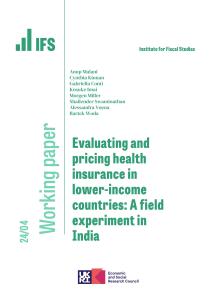OBJECTIVES:
Given that frailty is a multi-faceted health condition of increasing importance to policy-makers and care providers, it is relevant to consider whether multi-modal interventions could provide combined psycho-physiological support. As studies have demonstrated the beneficial effects of cultural engagement (including visiting museums/theatre/cinema) for many of the components of frailty, this study sought to explore whether community cultural engagement is associated both with a reduced risk of becoming frail and a slower trajectory of frailty progression in older adults.
METHODS:
We used data from the English Longitudinal Study of Ageing to measure frequency of cultural engagement and both incident frailty and frailty progression over the following 10 years in 4575 adults.
RESULTS:
Our analyses used competing risks regression models and multilevel growth curve models adjusting for socio-economic, health behaviours, social confounders and sub-threshold symptoms of frailty. There was a dose-response relationship between increasing frequency of cultural engagement and both incidence and progression of frailty (attendance every few months or more: incidence SHR 0.79, 95% CI 0.63 to 0.996; trajectory coef -0.0039, 95% CI -0.0059 to -0.0019).
DISCUSSION:
Older adults who engaged in cultural activities every few months or more had a reduced risk of becoming frail and a slower progression of frailty over time. Findings are in line with current calls for multimodal, multifactor, community approaches to support health in older age.








